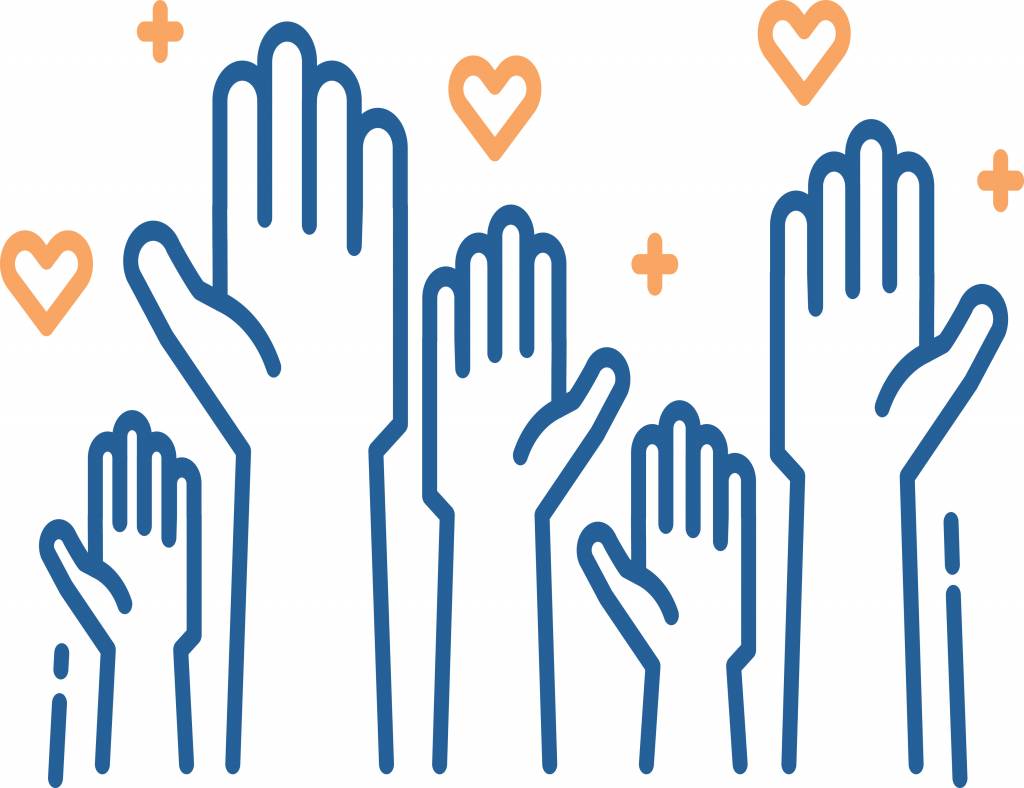Featured
Community Engagement Partners with Nonprofits to Meet COVID-19 Needs
The University of Mississippi’s Office of Community Engagement in the Division of Diversity and Community Engagement conducted a survey this summer of community nonprofit organizations, asking leaders how COVID-19 was affecting their operations within the Lafayette, Oxford and university community.

The University of Mississippi’s Office of Community Engagement in the Division of Diversity and Community Engagement conducted a survey this summer of community nonprofit organizations, asking leaders how COVID-19 was affecting their operations within the Lafayette, Oxford and university community.

From the nearly 50% response rate, it was clear to the office’s staff that nonprofits are missing out on fundraising opportunities because of canceled or postponed major mission-oriented programming or fundraising events.
This lack of funding, combined with increased need from the communities they serve and a lack of supplies, has made the past five months difficult for nonprofits. The survey led to the founding of the Community-University Partnership Series, or CUPS, an effort to bring together campus and community leaders to find opportunities for mutually beneficial projects and experimental learning.
“This whole series is designed to bring together nonprofit partners and creatively problem solve, but also to cultivate really great long-term community partnerships,” said Erin Payseur Oeth, UM project manager for community engagement.
The partnership series began with the survey and then explored the areas of supply drives and fundraisers, meeting technology needs, and providing volunteering and internship opportunities, Oeth said. Campus and community partners joined the conversation to explore ways to meet community needs, within the current context of COVID-19 and modified operations.
Of those nonprofits that responded to the survey, more than half said they have a high level of concern about the impact of COVID-19 on their organization, and 84% said their organizations were forced to either alter or temporarily suspend operations.
Most organizations indicated needing website and social media assistance, supplies, volunteers and funding as COVID-19 continues to affect the local economy and community.
“Erin reached out about community engagement; because of our report through Leadership Lafayette, I knew I wanted to have a connection to the university,” said Shá Simpson, volunteer and public information coordinator at North Mississippi Regional Center and CUPS participant. “I love the thought of reconnecting and strengthening that university-community relationship.”
To kick off the partnership, the Office of Community Engagement hosted four virtual discussions around the focus areas: the survey, supply drives, digital assistance, and volunteers and interns. But the online events were just the beginning of a much larger effort, said Anthony Siracusa, director of community engagement.
“Developing strong partnerships with community organizations, local agencies and nonprofits – that’s the No. 1 priority for our office this year,” he said. “It’s important to have intentionally forged, mutual partnerships and relationships.
“There are some good individually held partnerships, but what we’re trying to do is build institutional partnerships so that we have a multiplicity of volunteers doing a variety of things with a variety of organizations.”
The Office of Community Engagement is doing this work in partnership with UM Economic Development, the LOU Chamber of Commerce, Lafayette Oxford Foundation for Tomorrow, United Way of Oxford-Lafayette County, Mississippi Alliance for Nonprofits and Philanthropy, and Volunteer Mississippi.
With the series of virtual events complete, the Office of Community Engagement is focusing on its first virtual nonprofit service fair, set for 3-5 p.m. Sept. 3, Oeth said. Anyone interested in getting involved can sign up for the Engaged newsletter here.
Until then, Oeth and her colleagues are working to put their student staff in place as students return to campus and seeing how those students can get involved with the many ideas discussed through the CUPS series this summer.
By JB Clark









































